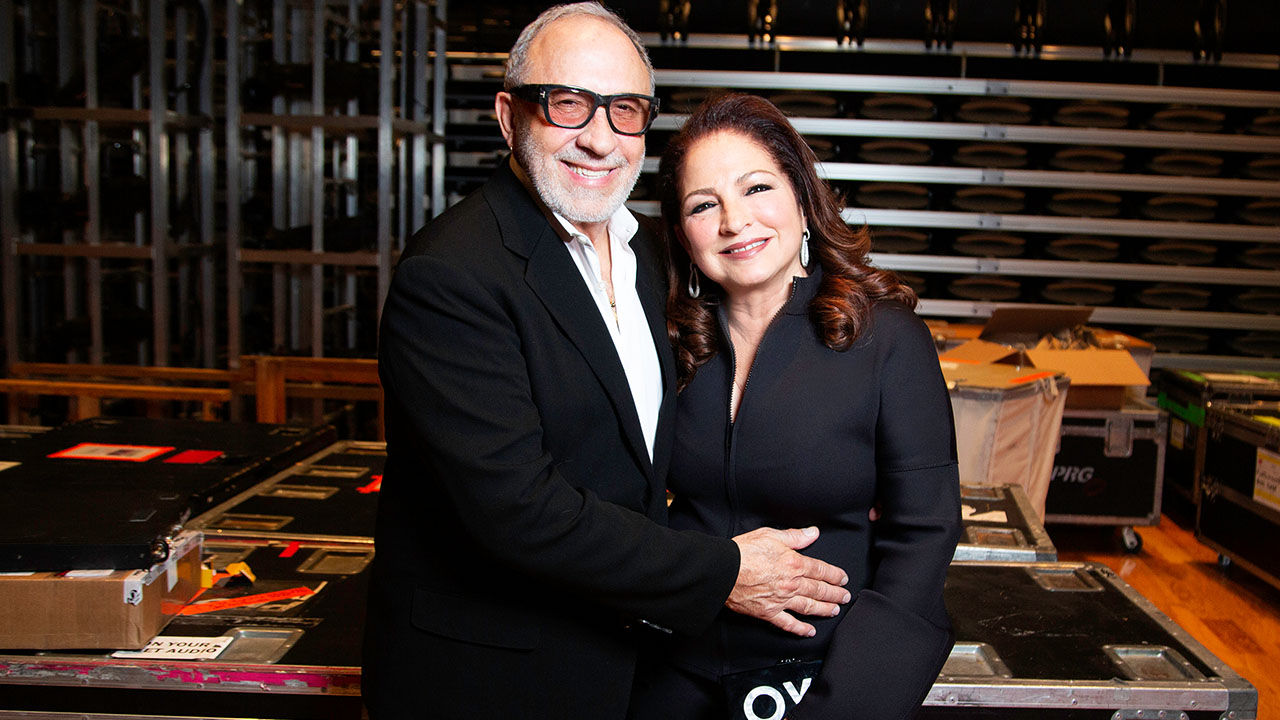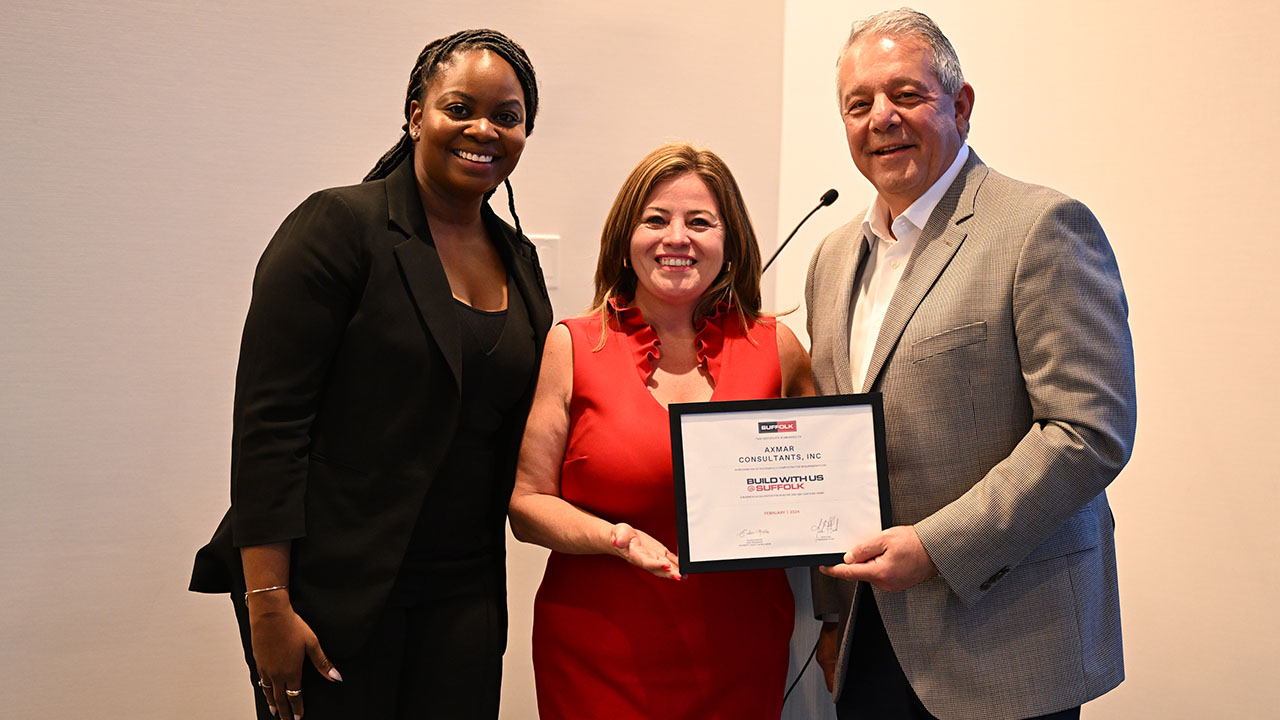Dear Mr. Berko:
Please explain moat stock and tell me whether Apple is a moat stock. Our broker believes that Apple could go to $150 a share this year and advises us to buy 300 shares. We would appreciate your thoughts.
– DL, Cleveland
Dear DL: A moat is a deep, wide circular ditch, usually filled with water and typically surrounding a castle or a fortress for protection against assault. An “economic moat,” a term coined by Warren “da Man” Buffett, is a moat that figuratively encircles a company and protects the company from invaders, or competition, allowing it to defend its profitable business.
The most common economic moats are patents, brand identity, operational efficiency, technology and buying power. Companies with wide-moat businesses are companies that can create value under most market conditions.
Visa, American Express and MasterCard are classic examples of businesses with wide moats. They dominate the electronics payment systems in a world where people are eschewing cash and using credit cards. Imagine how difficult it would be for a competitor to build a rival credit card network.
Other recognizable wide-moat companies are Coca-Cola, The Walt Disney Co., Philip Morris and Microsoft. All trade at price-earnings ratios of over 21-to-1, while Visa and MasterCard trade at nearly 30 times earnings.
Though Apple (AAPL: $106), with a market cap of over $600 billion, is the most valuable company on the planet, it is not a wide-moat stock.
AAPL does have nonpareil brand identity, but its shares trade at a very low 10 times 2016’s expected earnings, compared with a price-earnings ratio of 17-to-1 for the Standard & Poor’s 500 index. A price-earnings ratio theoretically measures investors’ expectations for future earnings growth that will propel the stock price higher. So a high P/E often indicates strong potential earnings growth.
If expectations for future growth are not attractive, the P/E will be low. The S&P 500 is often used as a benchmark, and companies that may grow faster than the S&P 500 have higher price-earnings ratios than the overall market.
AAPL has fierce competition from the likes of Nokia and Asus in mobile computers, from Samsung, HTC, Huawei and Lenovo in smartphones and from Google in the entertainment media and applications business. Apple’s revenues have been explosive, and earnings have been so impressive and so dependable that many investors are becoming skeptical that the company can continue generating its exalted numbers. And they may be right.
Apple’s iPhone sales accounted for 66 percent of the company’s $232 billion in revenues last year. And AAPL’s 2015 share earnings of $9.05 a share, up from $6.40 in 2014, are primarily because of its huge increase in iPhone sales. The seemingly endless upgrades – the 6s and 6s Plus are recent examples – provide Apple with enormous cash flow. These baffling upgrades also allow management to continue setting premium prices despite a worldwide decline in competitors’ pricing.
Be aware that it was the smartphone growth that moved AAPL shares from a split-adjusted price of $30 in 2009 to $102 today, and the smartphone business is becoming a mature market. So the Apple folks are looking for a new product to excite Wall Street – hence the Apple Watch, which seems to have disappeared into the ether where the whangdoodles mourneth for their firstborn.
Even steep discounts over Christmas failed to goose Apple Watch sales. Unfortunately, Apple’s R&D people haven’t had much success in developing marketable products; Apple TV, the U2 iPod, the “hockey puck” Apple Mouse, the Power Mac G4 Cube, Apple Pippin, Apple Newton, Apple Lisa and the iPod Hi-Fi are telling failures that give me concerns about the ability of Apple’s research and development and the worth of Tim Cook.
The Street expects AAPL to earn $10 a share this year on revenues of $245 billion. Still, I don’t see much upside in the stock. The $1.98 dividend may be raised to $2.20, and AAPL’s having billions in cash suggests continued dividend growth and/or stock buybacks. However, I’m profoundly disappointed that Apple has refused to unlock a terrorist’s cellphone for the FBI. I believe national security trumps a terrorist’s privacy on every day ending in “y.” Don’t buy AAPL; I think the bloom is off the blossom and Americans are losing respect for the company.
Please address your financial questions to Malcolm Berko, P.O. Box 8303, Largo, FL 33775, or email him at mjberko@yahoo.com. To find out more about Malcolm Berko and read features by other Creators Syndicate writers and cartoonists, visit the Creators Syndicate website at www.creators.com.
COPYRIGHT 2016 CREATORS.COM














